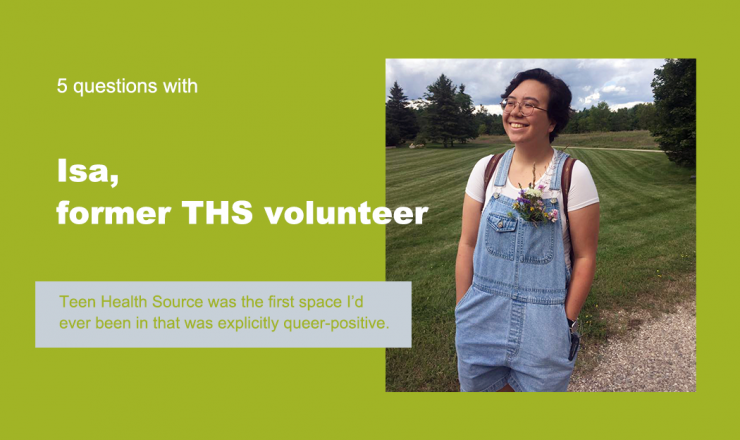

The worst case scenario for not asking a sexual partner if they have an STI could be that they might transmit an STI to you or to other partners. That’s kind of it.
To be fair, though, this conversation isn’t perfect protection on its own. Your partner may not even know they have an STI. They could say “Nope! No STIs here!” but still have HPV or herpes, but just haven’t had any symptoms. Even partners that you trust 100% could still have STIs they don’t know about, the same way that a family or loved ones might pass on the flu without realizing it.
Even though it’s not perfect, and it’s often a tricky conversation, it’s good to talk to your partners about STIs and when they were last tested. It’s good to know what level of risk you’re accepting before engaging in sexual activity.
And if you can’t have that conversation, then we encourage folks to use barrier methods like condoms (external or internal) or dental dams to prevent fluid transfer, lowering your risk of catching an STI.
If you have questions about this topic, feel free to contact one of our peer educators. [Link]
Last Updated: April 2020

Did you know that Teen Health Source has been around for 25 years! To help celebrate our 25th Anniversary, we’re checking in with some of our previous volunteers. Today we’re hearing from Isa!

The Maple Leaf clinic is now offering a PrEP clinic in Downtown Toronto!